BACK TO RESEARCH WITH IMPACT: FNR HIGHLIGHTS
For each Lindau Nobel Laureate Meeting, the FNR runs a Call for promising young researchers with a connection to Luxembourg to attend. One of the two 2025 Lindau Nobel Laureate Meeting was dedicated to economic sciences. We spoke to Gulnoza Kuldosheva, PhD researcher at LISER about the experience.
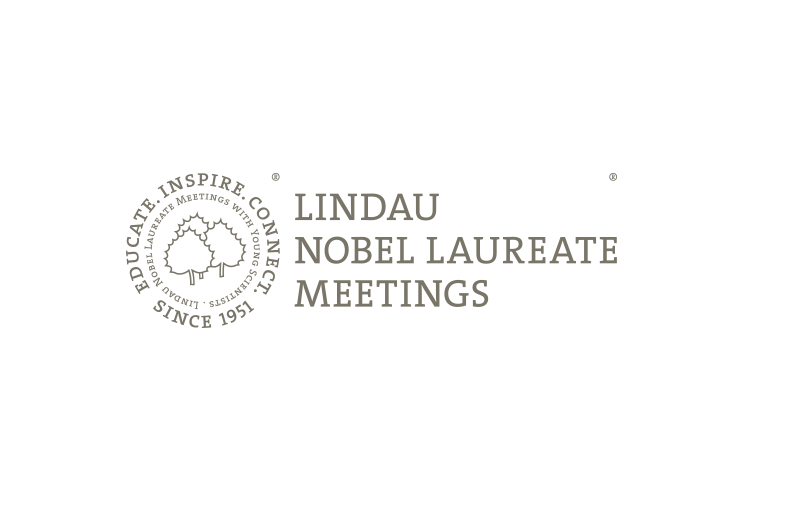
You had the opportunity to hear from and meet Nobel Prize winners and hundreds of other young researchers, can you describe the overall experience?
“The program was overall very rich, intensive, carefully organized, and tailored to participants’ needs as much as possible. There were times I felt a little overwhelmed by the number of events happening and the number of guests. But after coming back to Luxembourg, to my quiet research corner, I realized the value of this intense week. It was filled with science talks, exposure, and immersion in academic debate, things I might not have in my daily life. The venue itself, Lindau, matched the spirit of the meeting: serene, tranquil, and breath-taking, allowing science conversations to flow naturally.”
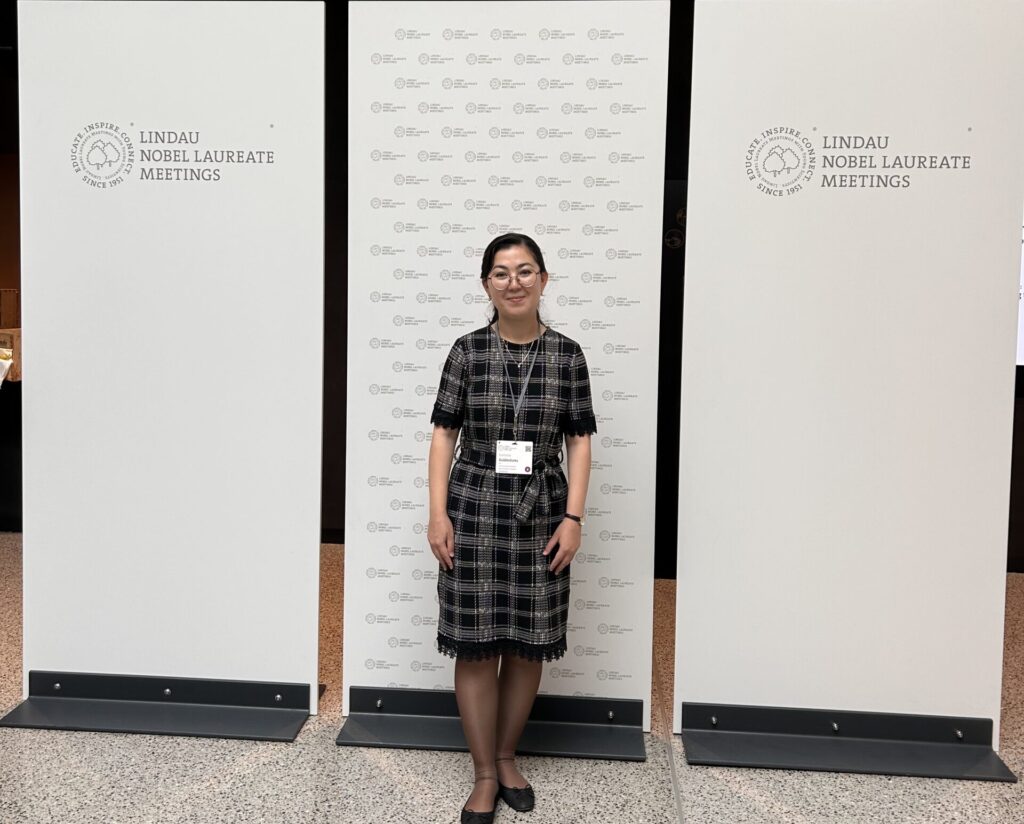
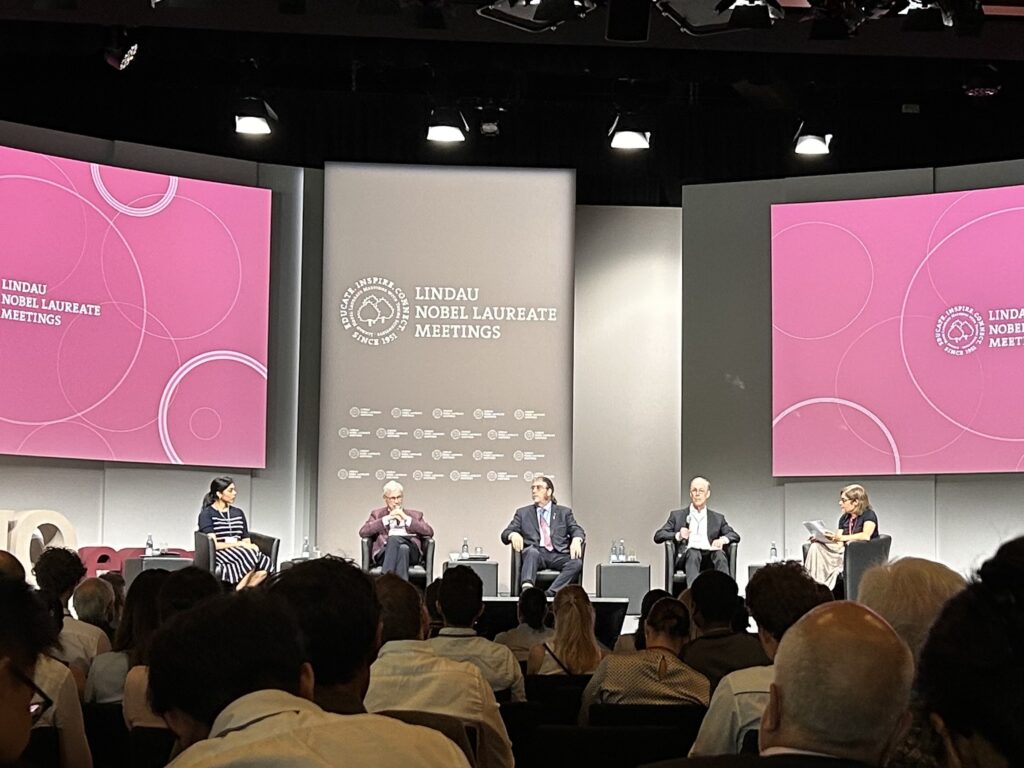
“As I reflect back, I often feel that participation in this program was humbling, yet also full of pride, both experienced and young researchers who share a passion for research came together. I started looking at my own subject and work from a different perspective, as follow-up questions and ideas that I had not thought about before, or overlooked, came from fellow researchers and senior academics.”
“These discussions left me deeply inspired. For me, it was like getting out of my quiet corner and seeing what other fellow economists are doing, exploring exciting ideas and methods to measure them. Some lectures from laureates pushed me towards more curiosity and made me look up related papers to understand methodologies and think more about the overall nature of the problem. I came back rich in ideas. I also started noticing that I now feel more confident and motivated about my own research.”
What was your impression of the Nobel Prize Winners?
“I had a chance to go for a science walk with Professor Daniel McFadden, where I asked him how he got the research idea that he later won the Nobel for. I was surprised to find out that the idea came from his interaction and discussions with a student.“
“During the walk, I also found out that his work on discrete choices found its way into everyday applications such as transport networks, but also into some unimaginable misuses, such as the military. I still remember his quote at the end of his lecture, “Have your choices discrete”, as it really reflects the essence of having deliberate and conscious decision-making.“
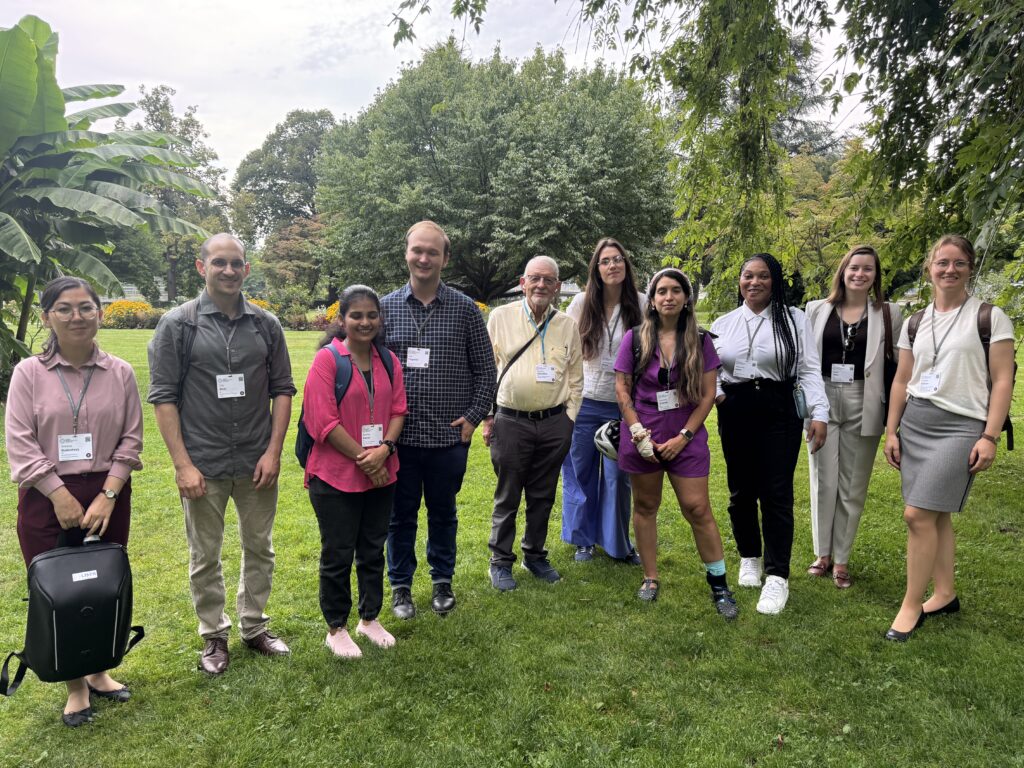
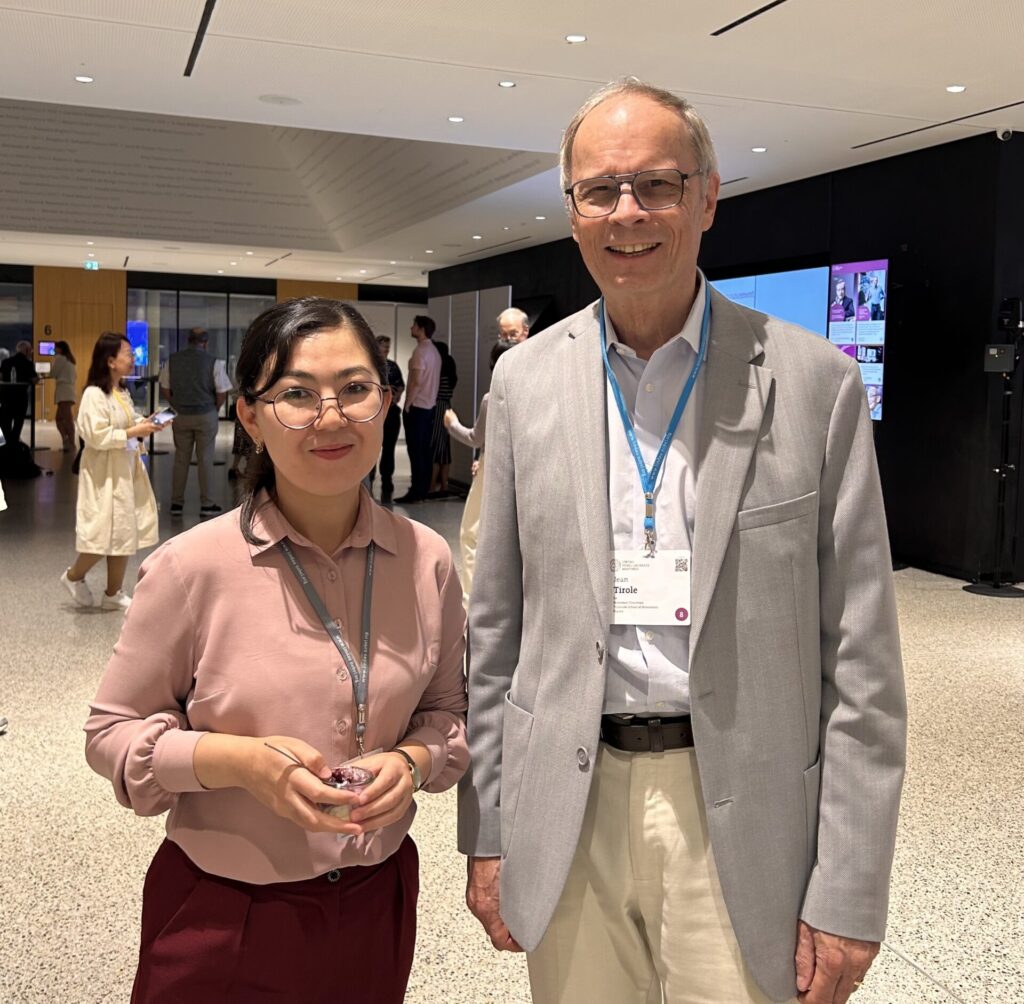
“I also had the chance to talk with Professor Jean Tirole about his visit to Uzbekistan last year, his impressions of my country, and his lecture on the balance between personal interests and social welfare, and the reforms needed for a combination of market economy and state promotion of competition in a developing economy like Uzbekistan. Each interaction with laureates made me feel that they are simple and humble people, who followed their curiosity and did not give up until they satisfied it. They are all so enthusiastic about sharing the knowledge they have.”
What were your highlights of the scientific programme?
“Along with the laureates’ lectures, the student presentations truly enriched my experience. It was a delight to observe and also to engage in Q&A sessions after each talk. Questions were spontaneous, and sometimes even the Nobel laureates joined in with feedback. The content was full of innovative ideas, and this “next generation scientists” programme served as both an exercise and a preparation for my own future presentations.”
“The program once again emphasized the value of networking in academia. Previously I had not taken networking seriously, but in today’s fast-paced, interconnected world, face-to-face interactions and human conversations are more valuable than ever. Events like this are excellent opportunities to present research ideas, receive feedback, hear about new methods, and even find potential co-authors. I met several PhD fellows working on income inequality and intergenerational mobility, who presented perspectives using different datasets and contexts. This was very valuable.”
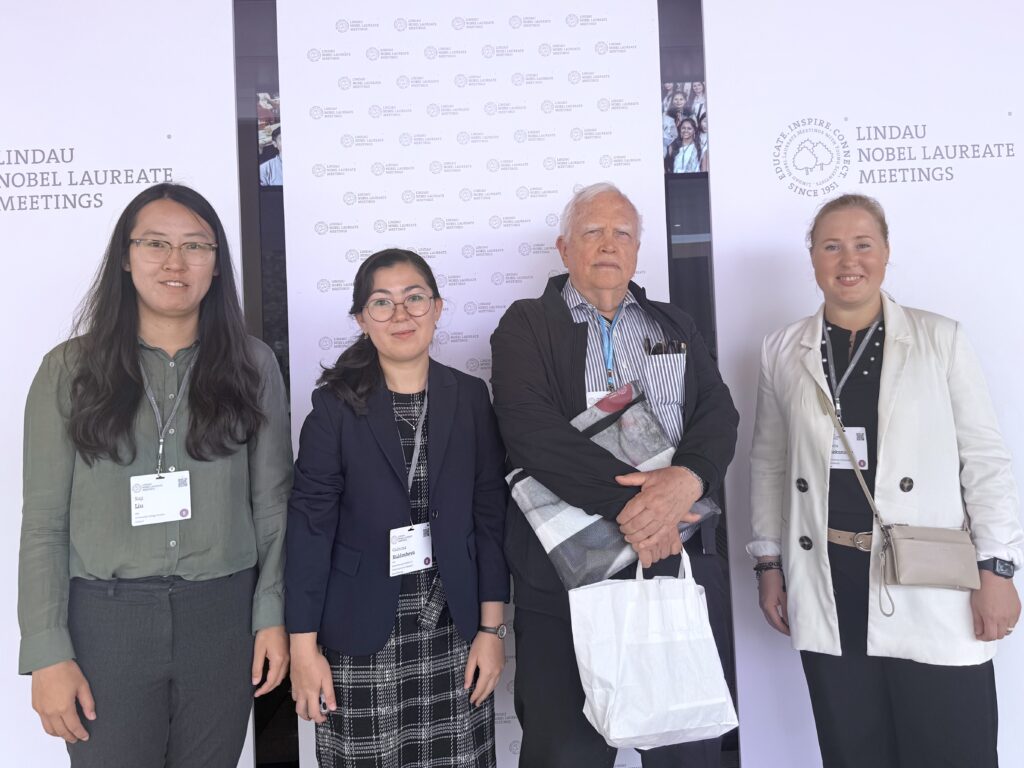
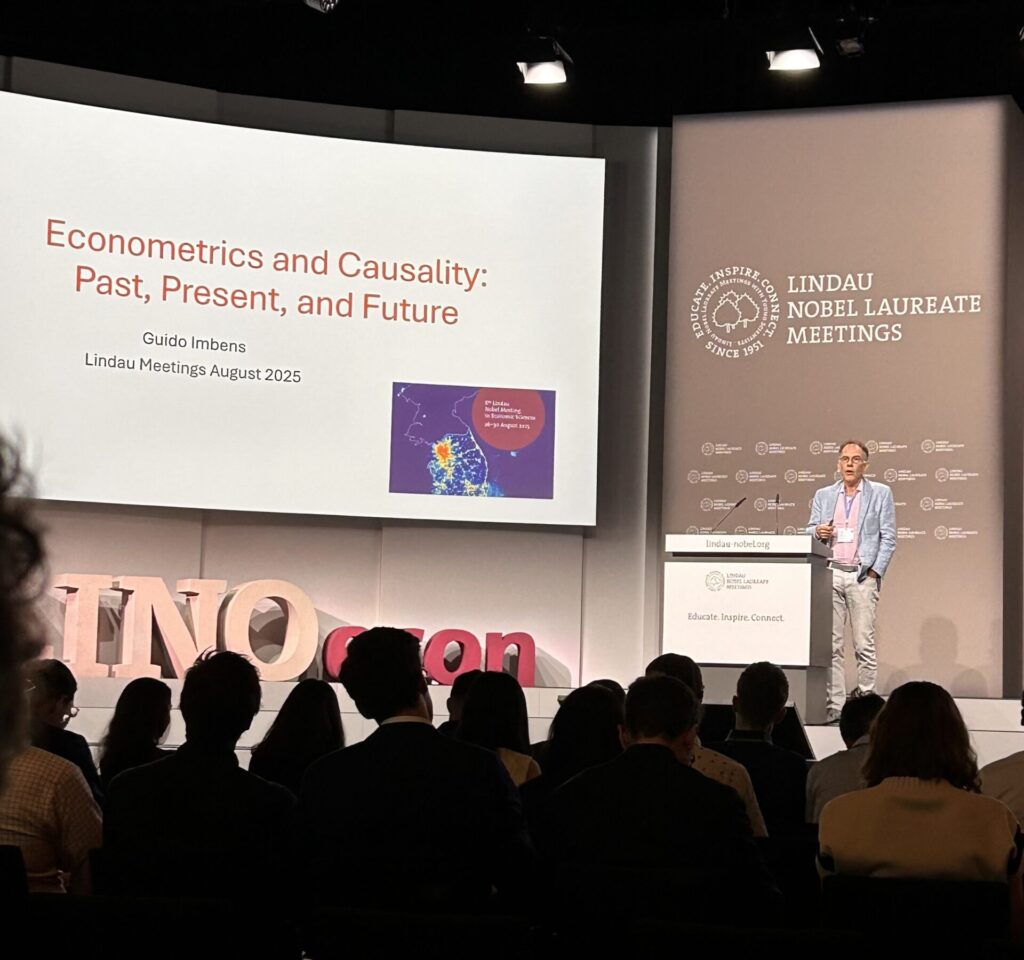
Were there any current topics that came up from several Laureates or researchers in attendance?
“The topics and themes of this year’s program were tailored to current issues in the global economy. For example, a lecture by Joseph Stiglitz on global multilateral agreements, the WTO system’s successes and failures, free trade, and global inequality resonated strongly with me, especially since I had previously taught International Economics. It made me reflect on the new challenges that economic modelling faces, as time and events keep shifting and testing our conventional thinking.
“Another lecture I found timely was by Professor McFadden on discrete choices. Using examples from online marketplaces such as Amazon, he discussed how AI and algorithms influence human decision-making — often introducing biases or even misleading us.”
“There was also a lecture highly relevant to current debates on human capital and skills in the AI age. It was particularly interesting to see research findings from the UK on which skills and qualifications employers will seek most in the years ahead.”
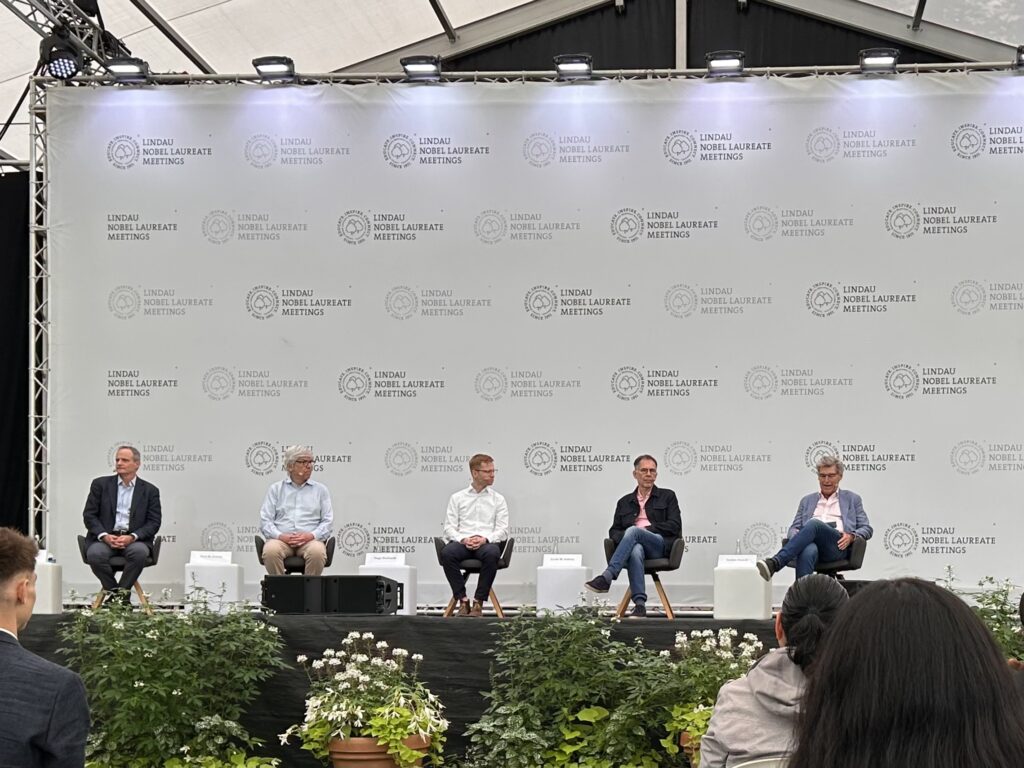
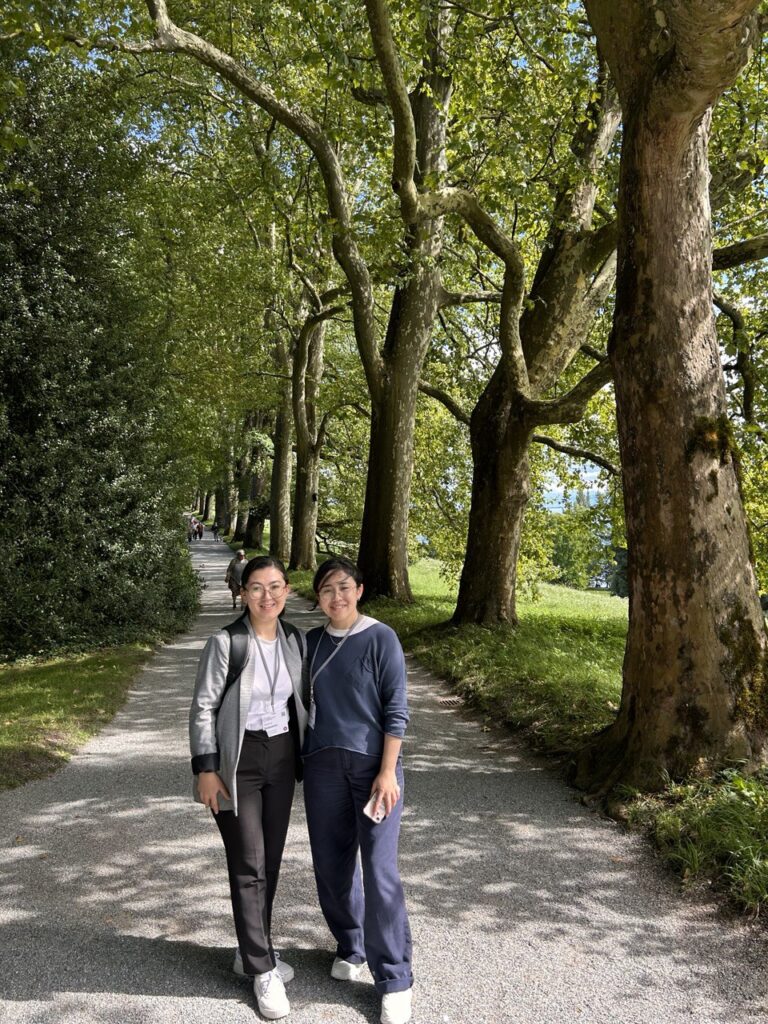
Did you find any inspiration at the meeting, for your work or outside?
“Scientific exchanges in the program gave me motivation to solidify my theory background to have sound research, and reassured me once more to ask first interesting, yet feasible questions that excites me to learn more.“
“During a lecture and open exchange, I learned more about Professor James Heckman’s research on the economics of family, child wellbeing, parental investment, and the effects of non-cognitive skills on children’s life outcomes. Partly this is also related to my research on intergenerational mobility. While familiarizing myself with these domains, I was surprised to know that this was just one small part of his research career. He received the Nobel for methodological contributions in overcoming statistical sample-selection problems, and for broader contributions to theories and methods of individual and household behaviour.”
“Another insight, which also came up in conversation with him was the importance of obtaining primary data through experiments when administrative data is limited. This is something I had rarely considered. Especially in developing country contexts, where administrative data is incomplete or absent, survey data can provide a way to track generations for mobility studies. So I remember Heckman and other laureates emphasizing the enduring importance of economic theory and models as the foundation for solid research.”
Can you tell us a bit about your research, what do you study and why is it important?
“My research looks at inequality transmission across space and time in Luxembourg. I am interested in how opportunities and outcomes are shaped not only by family background but also by where people live, and how these patterns evolve across generations. As part of this broader project, I am currently working on housing inequality, since property is such an important dimension of wealth and stability.“
“I work with administrative data that links property ownership from the land registry with socio-economic information such as income, age, gender, and citizenship. This allows me to study how property wealth is distributed across different groups, and how access to housing assets might affect long-term outcomes for individuals and their children.”
“Luxembourg is a particularly interesting case because of its high migration background and rapid changes in the housing market. By looking at who owns what, and how this relates to income and social position, I try to answer broader questions of inequality and opportunity. Understanding these mechanisms is important, because housing is not just an asset but also a foundation for stability, security, and future life chances.”
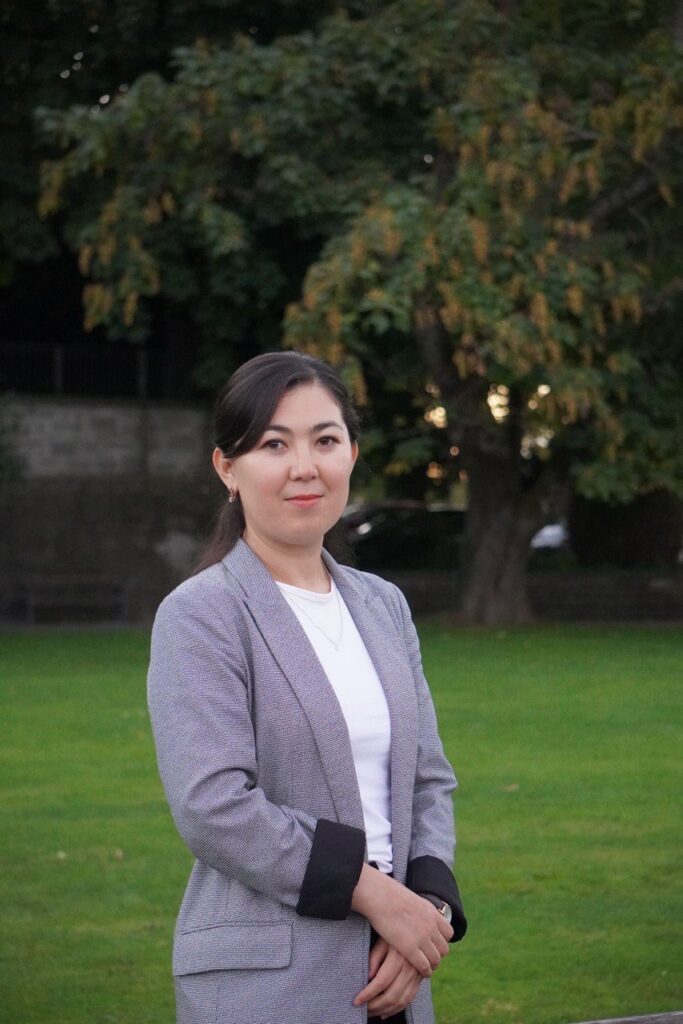
Gulnoza Kuldosheva is a PhD candidate at the Luxembourg Institute of Socio-Economic Research (LISER).
Related highlights
“Truly epic—a once-in-a-lifetime event”
For each Lindau Nobel Laureate Meeting, the FNR runs a Call for promising young researchers with a connection to Luxembourg…
Read more
“Incredible to witness their joy and passion for science”
For each Lindau Nobel Laureate Meeting, the FNR runs a Call for promising young researchers with a connection to Luxembourg…
Read more
2023 Lindau Meeting: “An extraordinary experience”
For each Lindau Nobel Laureate Meeting, the FNR runs a Call for promising young researchers with a connection to Luxembourg…
Read more
“Like a school summer camp, but with amazing young chemists and Nobel laureates”
For each Lindau Nobel Laureate Meeting, the FNR runs a Call for promising young researchers with a connection to Luxembourg…
Read more
“Hearing how different life decisions and habits can lead to very successful scientific careers”
For each Lindau Nobel Laureate Meeting, the FNR runs a Call for promising young researchers with a connection to Luxembourg…
Read more
“They are normal human beings like you and me”
For each Lindau Nobel Laureate Meeting, the FNR runs a Call for promising young researchers with a connection to Luxembourg…
Read more